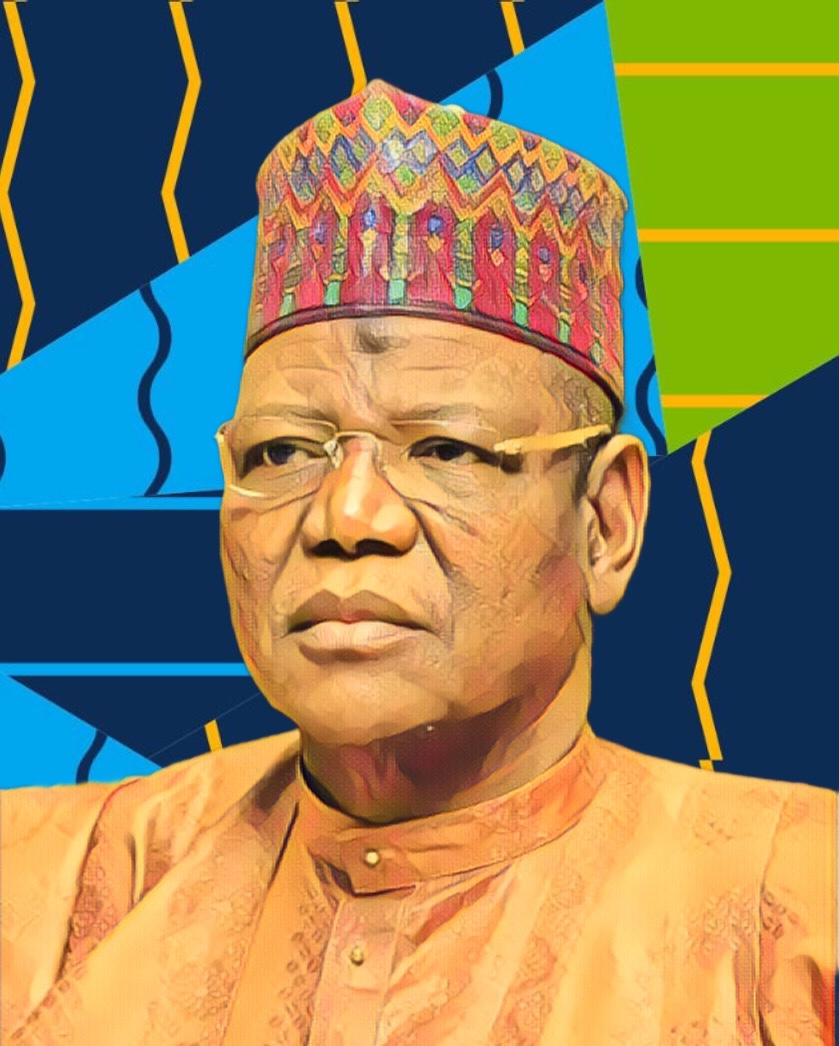In a recent interview with This Day Live, Alhaji Sule Lamido, a former two-time governor of Jigawa State, he offered his insights on the current state of Nigerian politics, particularly focusing on the All Progressives Congress (APC), the Peoples Democratic Party (PDP), and the crucial need to unite Nigerians in the search for new leadership ahead of the 2027 general election.
Lamido expressed deep concern about Nigeria’s current challenges, including national security, economy, and stability. He lamented the loss of the nation’s brotherhood and sisterhood, drawing parallels to the situation in 1998 after the death of General Sani Abacha when PDP was formed. Unlike then, the economy and security are now unstable, and he highlighted the importance of mutual trust and respect for national cohesion.
Reflecting on the formation of PDP in 1998, Lamido reminisced about the united and stable country back then. He credited the party’s birth to addressing disunity, with leaders like the late Alex Ekwueme, Bola Ige, and others coming together to envision a better future for Nigeria. These leaders, according to Lamido, were passionate believers in Nigeria and contributed significantly to its growth.
However, Lamido observed that such visionary leadership is lacking today. He pointed out the current issues of suffering, poverty, and lack of a clear future under the governance of the APC led by Muhammadu Buhari and Bola Tinubu. He stressed the importance of establishing mutual trust to overcome these challenges.
Discussing the PDP’s role in addressing the problems created by the APC, Lamido acknowledged the party’s past mistakes but contrasted its governance with the APC’s. He highlighted the need for leaders who could unite the country, emphasizing moral character and sound judgment. He lamented the lack of regular meetings and decision-making in the PDP, attributing it to the influence of state governors on the party’s leadership.
Lamido shared his views on Nyesom Wike, seeing potential in him but also noting the need for proper guidance. He disagreed with the notion of one individual ‘pocketing’ the party, stressing that PDP’s financing and support predate Wike’s involvement.
As the 2027 elections approach, Lamido emphasized the qualities needed in a presidential candidate. He advocated for someone with a strong profile, moral integrity, and the ability to unite and lead Nigeria through its current challenges.
Lamido’s insights provide a critical perspective on the state of Nigerian politics, the need for strong and uniting leadership, and the role of PDP in shaping the country’s future. His call for national unity and effective leadership is a timely reminder of the challenges and opportunities that lie ahead for Nigeria as it approaches a crucial electoral milestone.


